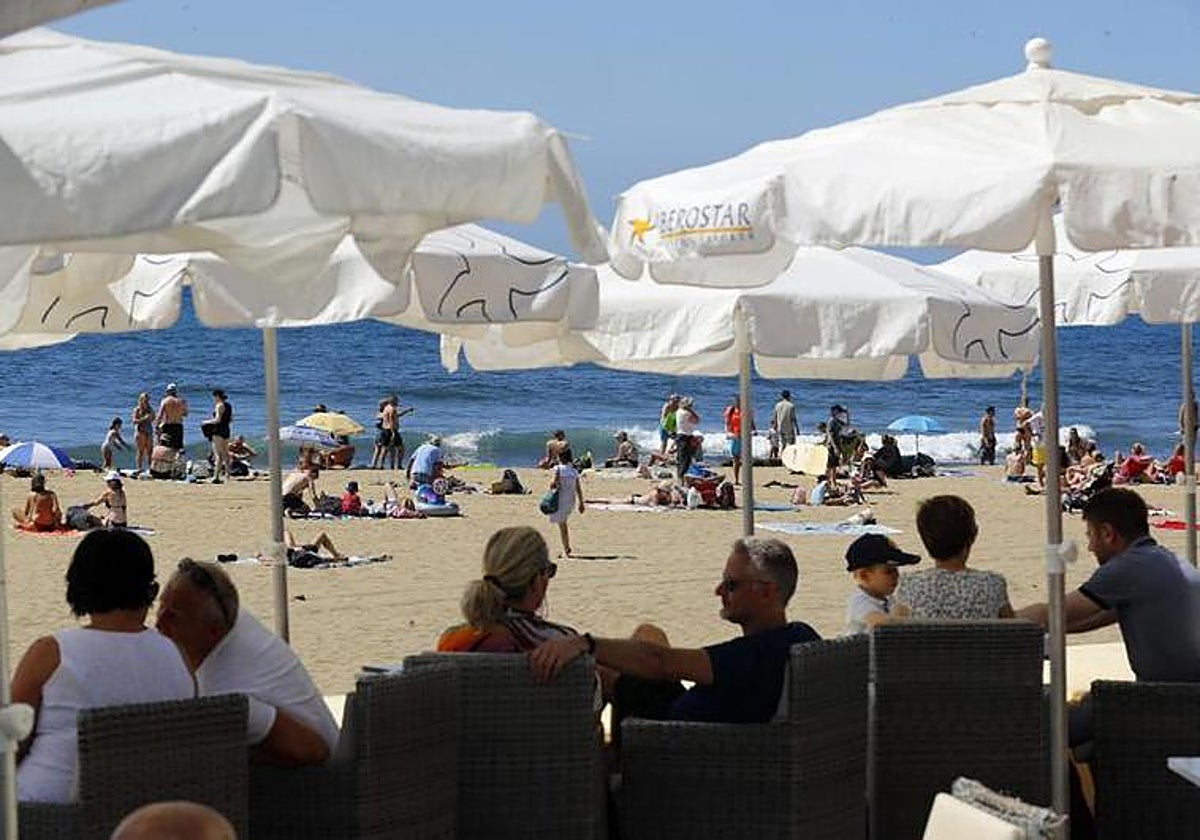Union claims more than 75,000 workers have left Spain's hospitality sector in search of better conditions
The CC OO report revealed the employees wanted a healthier balance of working hours, to have more weekends and public holidays free, and also moved on in search of better pay
Edurne Martínez
Madrid
Martes, 13 de junio 2023, 09:27
Spain’s hospitality sector recovered its pre-pandemic levels last year, but 1.2% fewer workers remain than in 2019. New data shows that 75,000 people left the sector in search of better working conditions by the end of 2022.
The CC OO trade union report revealed the employees wanted a healthier balance of working hours, to have more weekends and public holidays free, and also left in search of better pay.
"Workers in the hotel and catering industry start from a precarious situation, as they are the lowest paid in the country's economic activity as a whole,” the CC OO said.
According to INE national statistics institute data, the average salary in Spain in 2022 was 2,300 euros gross per month, while CC OO data shows that figure plummeted to 1,516 euros in the case of hospitality workers.
Breakdown
A total of 1.56 million people are currently employed in the sector, 75,000 less than before the pandemic broke out in 2020, the data shows. Today, there are 32,000 fewer waiters and 12,000 fewer cooks and kitchen assistants than before the pandemic. There are also 11,000 fewer cleaning staff employed in the sector than in 2019 and 9,000 fewer administrative staff.
A total of 13,000 self-employed workers have also left the sector, influenced by the closures of their businesses during the pandemic. Carmen Ortiz, the union's sectoral coordinator for collective catering, said: "there are staff, but they want to work with dignity". For this reason, she is in favour of "training" so that there is promotion and "dignified" jobs.
"The salary and working conditions is the only thing that can provide an outlet for the great demand that is expected this summer," she said, which according to her forecasts will be 50 million tourists visiting Spain, surpassing the record year of 2019.
But it is not only a question of salaries. Part-time employment is much higher in this sector than in the economy as a whole. Specifically, one in four hotel and catering workers (24%) is part-time, a rate that is almost double the national average (13%) which Spain recorded at the end of 2022. This rate particularly affects women, where the rate stands at 31% of those working in the hotel and catering industry.
"There are many people who do not want to work in a sector where they are not paid for all the hours worked or where they work without regularisation,” the CC OO said. But due to the tourism boom, it warned that there will be a lack of staff across many of the popular sun and beach destinations this summer.
